
As September approaches, rumors surrounding the iPhone 12 and its release date are steadily increasing. One of the more consistent new features to the iPhone 12 is the inclusion of reverse wireless charging, a topic that has recently become a topic of discussion in mobile tech world.
How Does Reverse Wireless Charging Work?
Reverse wireless charging is a fairly new technology that is only found in select smartphones. Using the same technology as standard wireless charging, it transforms your phone into a wireless power bank.

Although it can be challenging to align the two devices, many phones featuring reverse wireless charging allow the user to place any Qi device on the phone’s wireless pad. Once in position the device in need of juice will begin charging.
The Pros and Cons of Reverse Wireless Charging
While turning your phone into a wireless charging pad sounds great, the usefulness of reverse wireless charging is subject to much debate.
The Pros
Charge Your Wireless Accessories

In addition to charging other phones, reverse wireless charging is also capable of charging Qi-enabled accessories, such as AirPods and even smartwatches. These small accessories only require a small amount of energy, making reverse wireless charging an ideal solution for quickly powering up your everyday accessories.
A quick Battery Boost When You or Your Friend Needs It

Though reverse wireless charging doesn’t offer a large boost when charging a smartphone, it is enough for the user to make a phone call or travel home safely.
While the majority of smartphone users rely on a power bank or additional charging during the day, remembering to charge a power bank or carry a cable is still a daily challenge for many. But reverse wireless charging can be utilized in situations when you aren’t prepared.
A good example of device with reverse wireless charging is the Samsung Galaxy Series. With Wireless Powershare it can charge any Qi-enabled smartphone, including an iPhone 11.
The Cons
Reverse Wireless Charging Is Slow
One of the biggest drawbacks of reverse wireless charging is that it is much slower than other forms of charging. A series of tests by YouTuber Juan Bagnell found that a Samsung S10 was only able to increase the charge of an LG V40 by 8% over thirty minutes. Compare this with charging using a wall outlet, which can charge your battery up to 50% in the same amount of time.
Reverse wireless charging is only useful if it is the only available option or if you need it in an emergency.
It’s inefficient

For every 2% of battery you add to one device, 5% drains from the other. This is an electrical transfer loss of 60%. Furthermore, reverse wireless charging creates a large amount of heat and requires the device to act like a wireless power bank to be placed facedown for a long period of time: it takes an hour to charge just 10% of the battery.
Bad for your Battery
Factors such as overheating can cause the battery of your phone to break down faster than usual.

Wireless charging already generates much more heat than wired charging and this, in addition to the heat a phone and battery creates on its own, makes it easy to see why reverse wireless charging raises the temperature of a phone so dramatically. For this reason, reverse wireless charging should be reserved for essential use only, otherwise you risk damaging your phone’s battery.
It is inconvenient, too

Reverse wireless charging is also inconvenient. It requires one phone to be placed face down on a flat surface so that the devices remain connected. This not only prevents the user from accessing the phone that is providing the charge, but also the device that it is charging. Since reverse wireless charging a phone up to 10 percent may take more than 30 minutes, this can prove difficult for even the most patient people. Placing a phone face down also increases the chance of scratching the screen.
Do We Really Need Reverse Wireless Charging?
After considering the pros and cons of reverse wireless charging, it is an inconvenient solution to a situation in which few users find themselves: no access to a charger, power bank, or cable with which to charge their device.
The truth is that while reverse wireless charging is an innovative use of wireless charging, it is still in its infancy and not yet advanced enough for general use.
MagEZ Juice: The Magnetic Wireless Charging Power Bank
One of the major advantages to reverse wireless charging is that it eliminates the need to carry a power bank and cable to charge your mobile device. If you like the idea of reverse wireless charging, but do not want to commit just yet, there is a solution: the MagEZ Juice.
The MagEZ Juice is a magnetic wireless charger plus a magnetic power bank that removes the need for cables and bulky power banks. The MagEZ Juice magnetically attaches to the back of your phone using a MagEZ Case to provide additional charge throughout the day. With its unique grab and go technology, the MagEZ Juice battery can be removed from the stand to travel with you, easily sliding into your pocket.
We've upgraded the power bank with more capacity and reinvented the charging base to make it more versatile and playful. Launching soon on Kickstarter. Sign up now to get the super early bird discount.
The Future of Wireless Charging
It has become clear over the last five years that wireless technology will soon be replacing wired charging. While reverse wireless charging may be a step in that direction, it is not quite ready for the average user. In the meantime, you can consider picking up a magnetic wireless charging power bank like the MagEZ Juice.
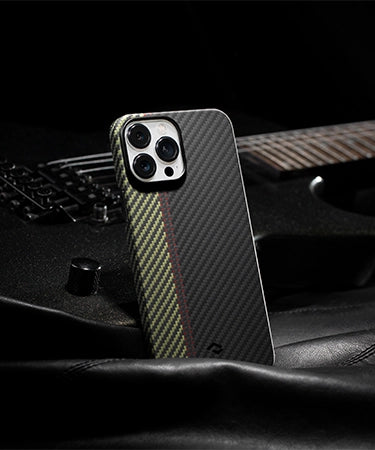
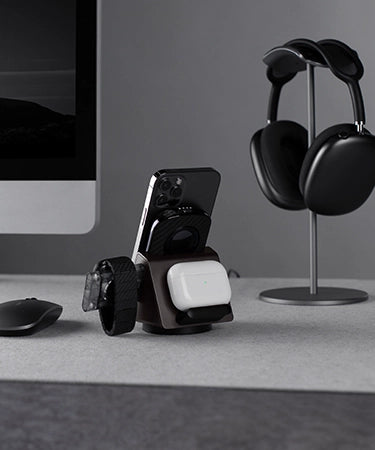
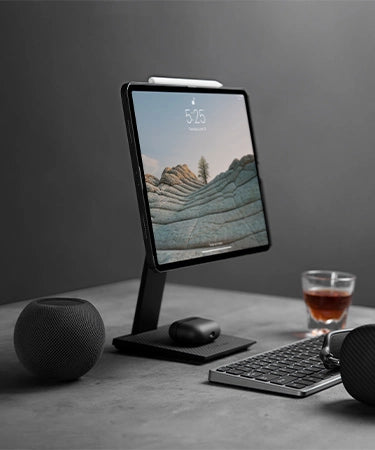
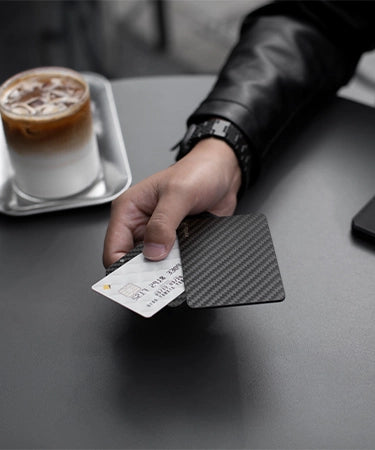
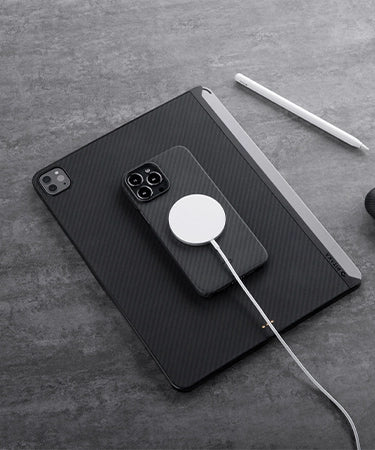
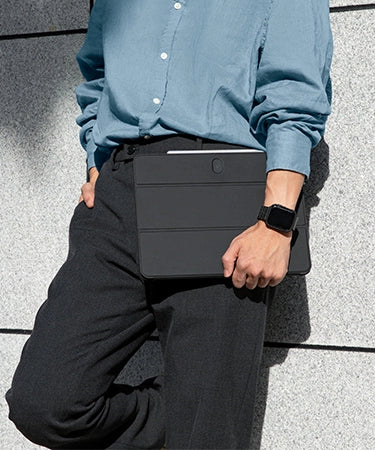
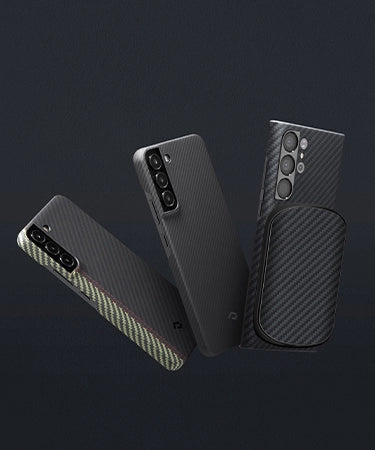
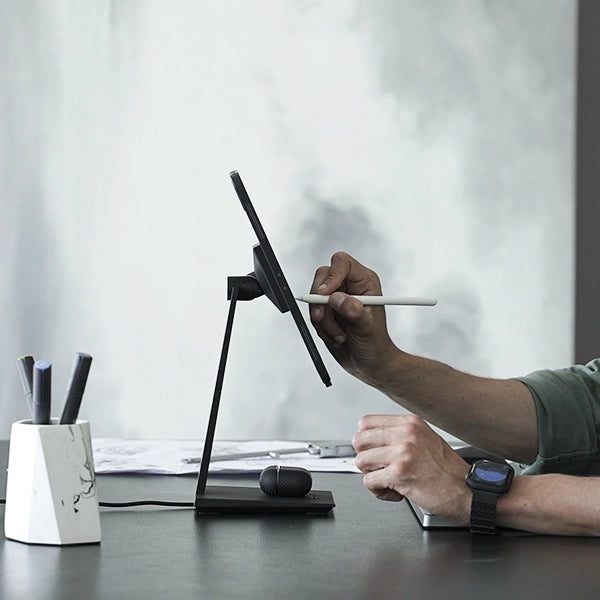
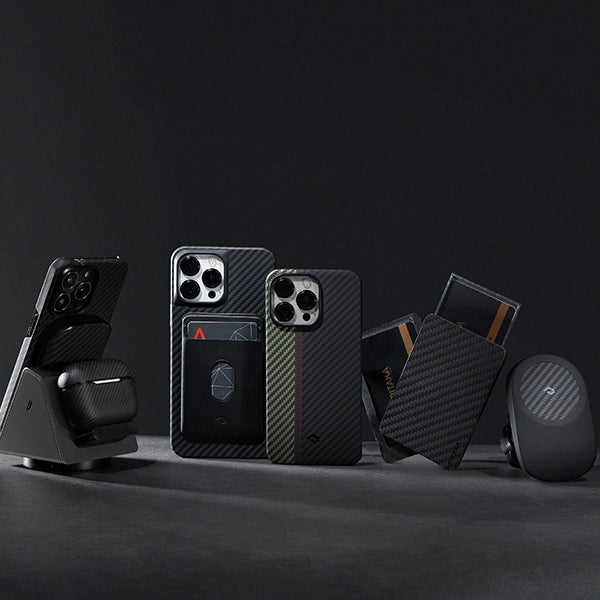
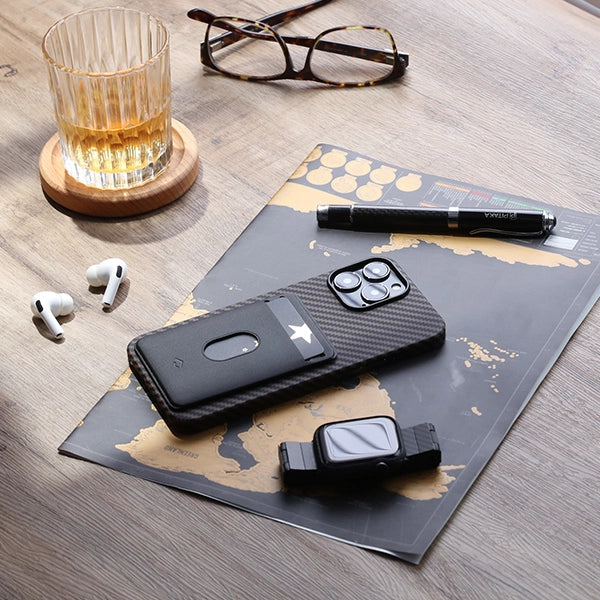


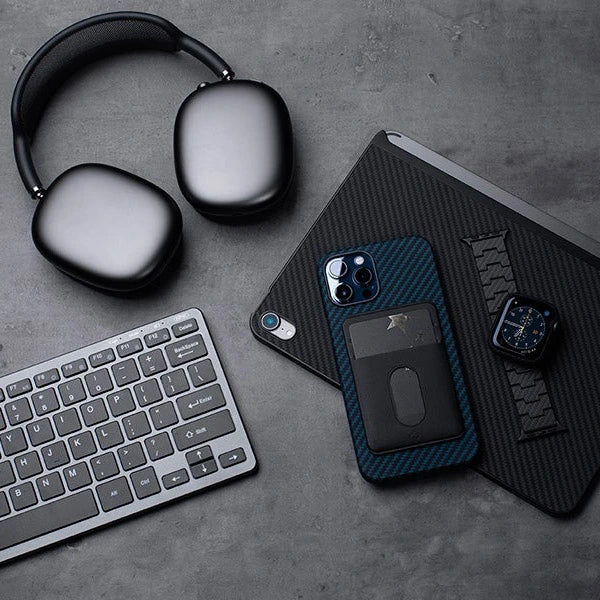
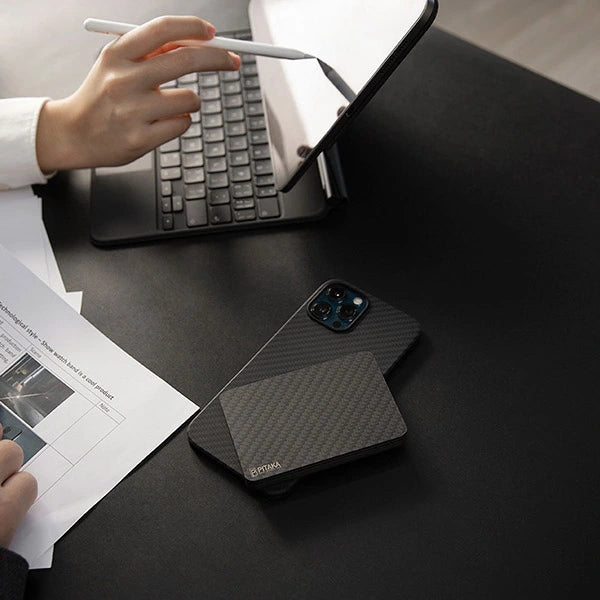
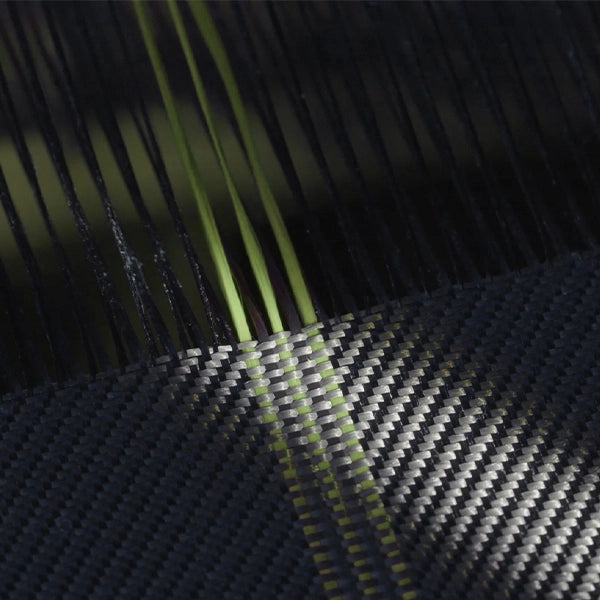

iv seen a wired variant of reverse charging with some USB-C devices.. Not sure how standard this is….
Was able to charge up a cellphone via USB C connected to a Chromebook that is suspended/sleep/cover closed… also seemed to work with it powered completely off..
To me that makes more sense in a pinch than the lossage from both the wireless , the heat build-up, and beating the small battery…. using a laptop to give a boost to a phone via a wire… where the laptop has a battery large enough and would not be depleated by the action..
Do get folks not wanting to carry around a battery pack… the wireless is really meant for earbuds just to top them off .. i rather see a USB cable connected to a phone (or MFI), and just directly connect to the device though even for that…